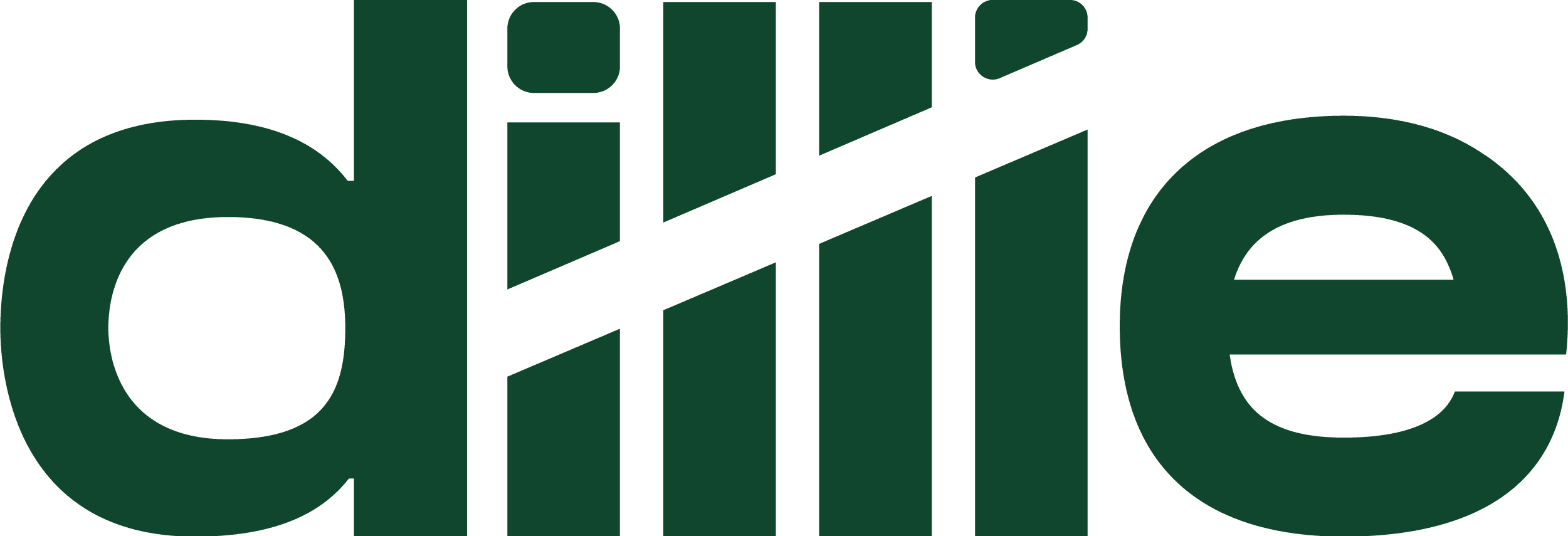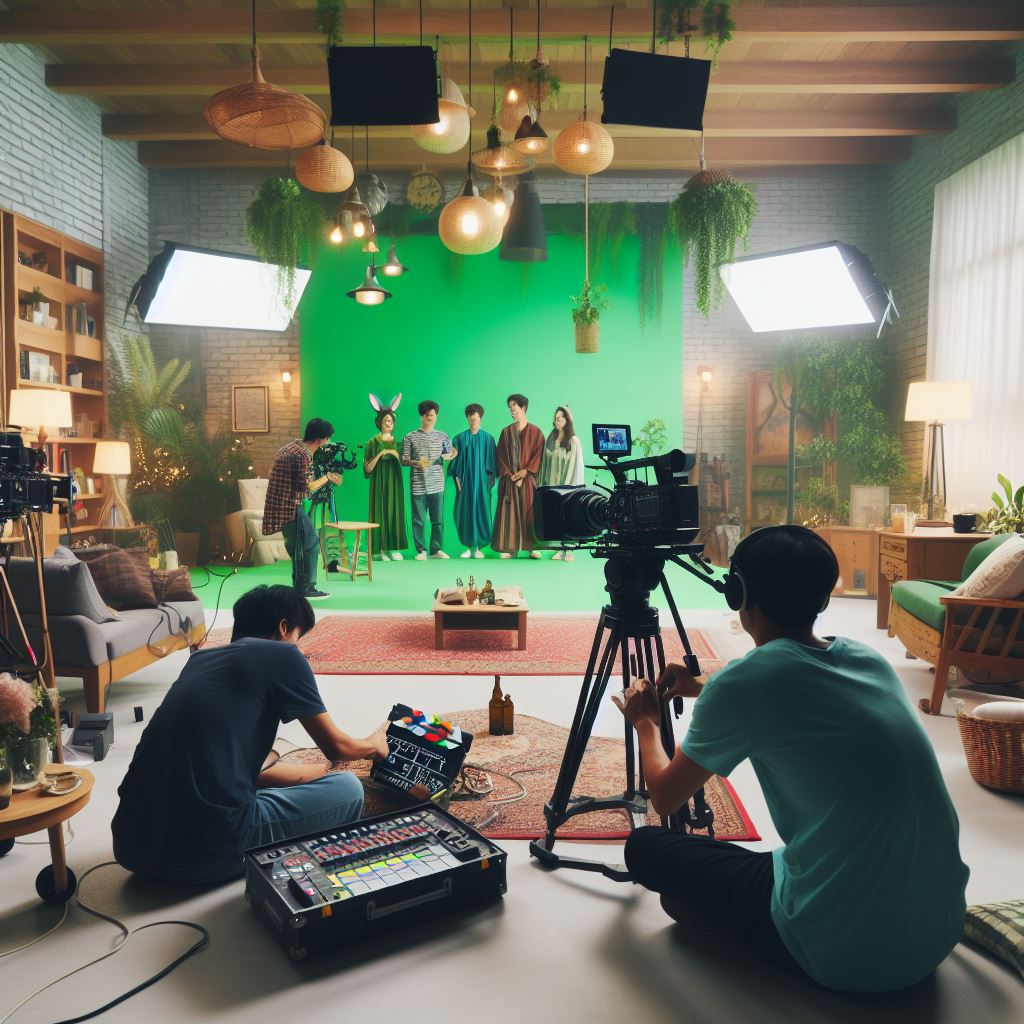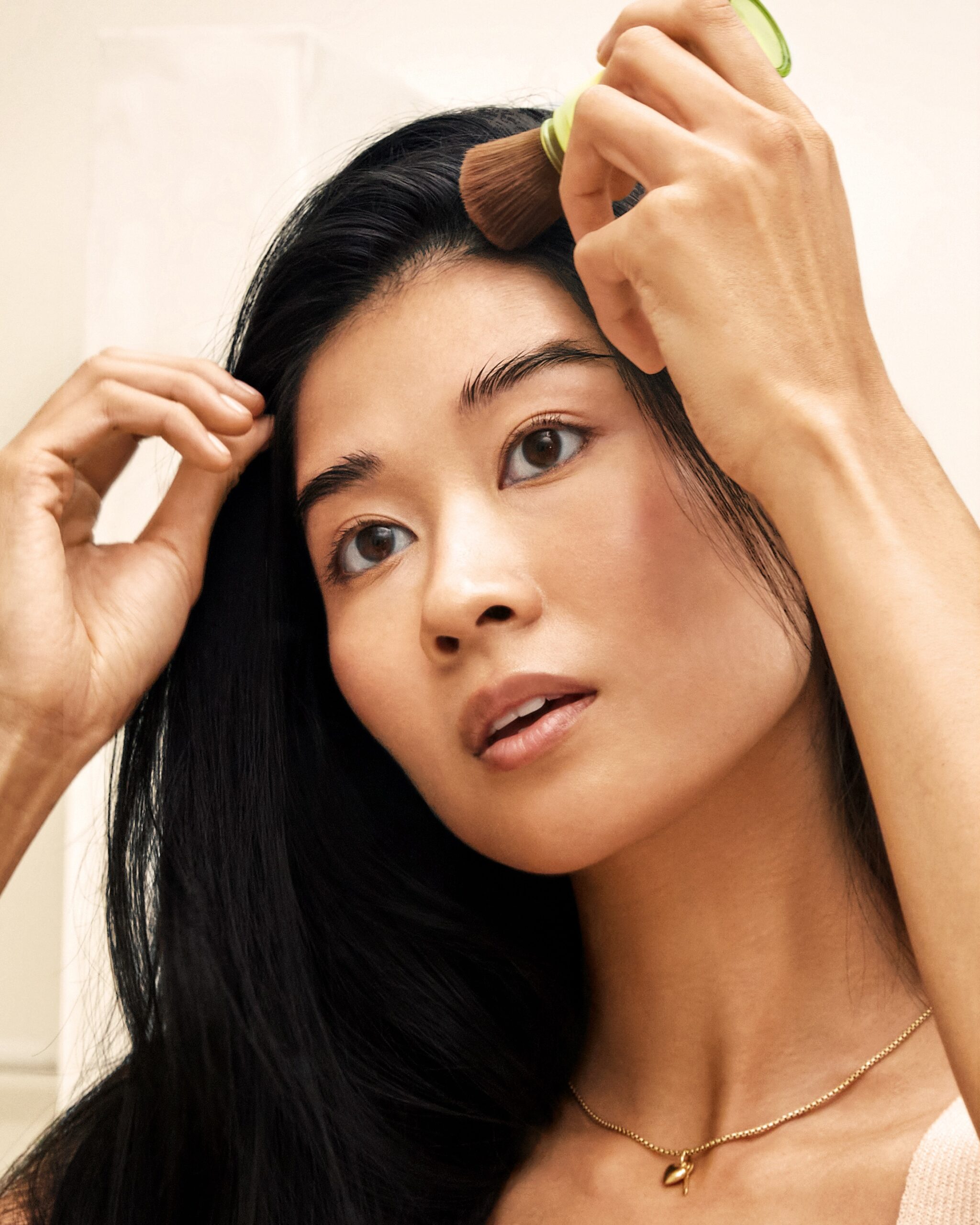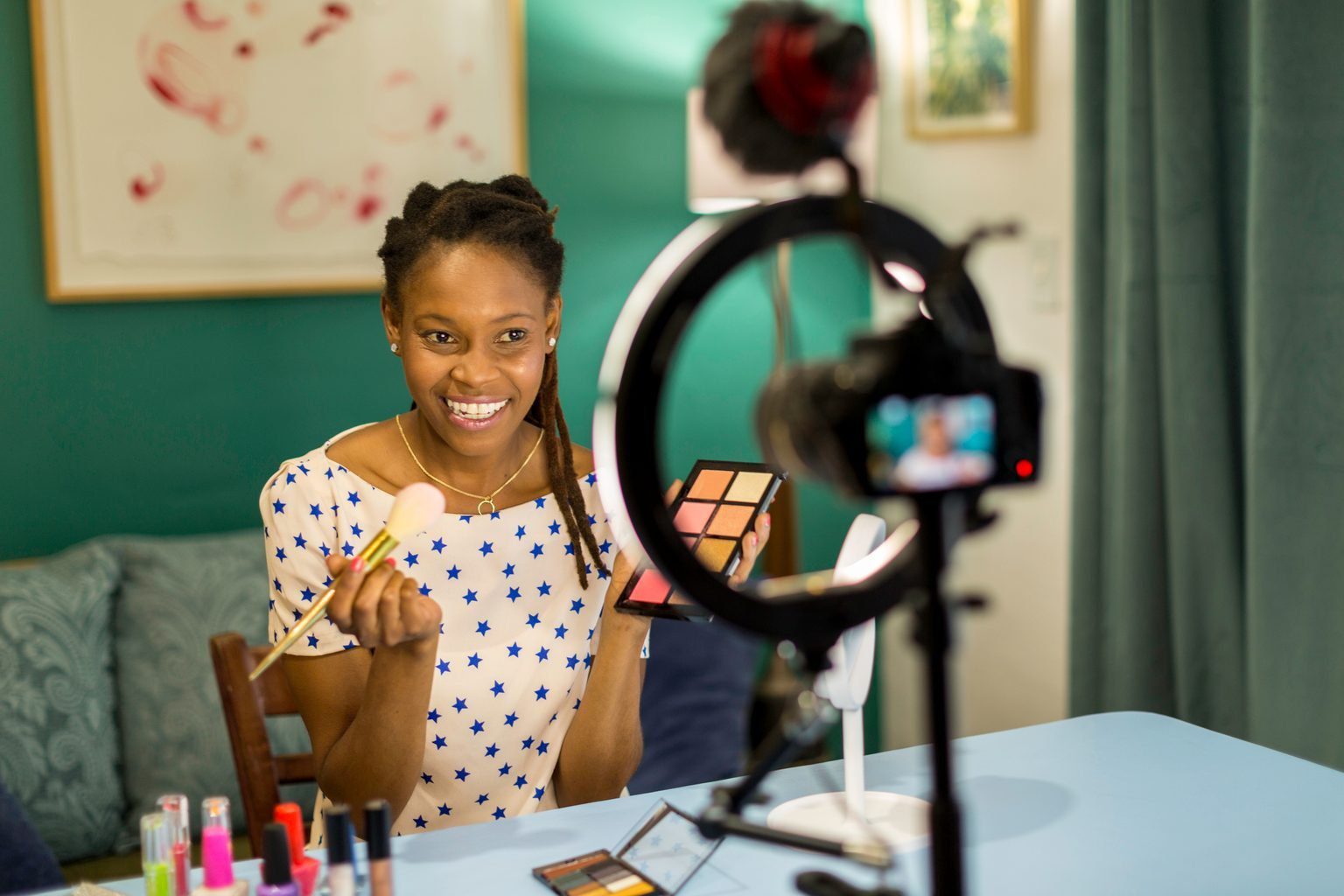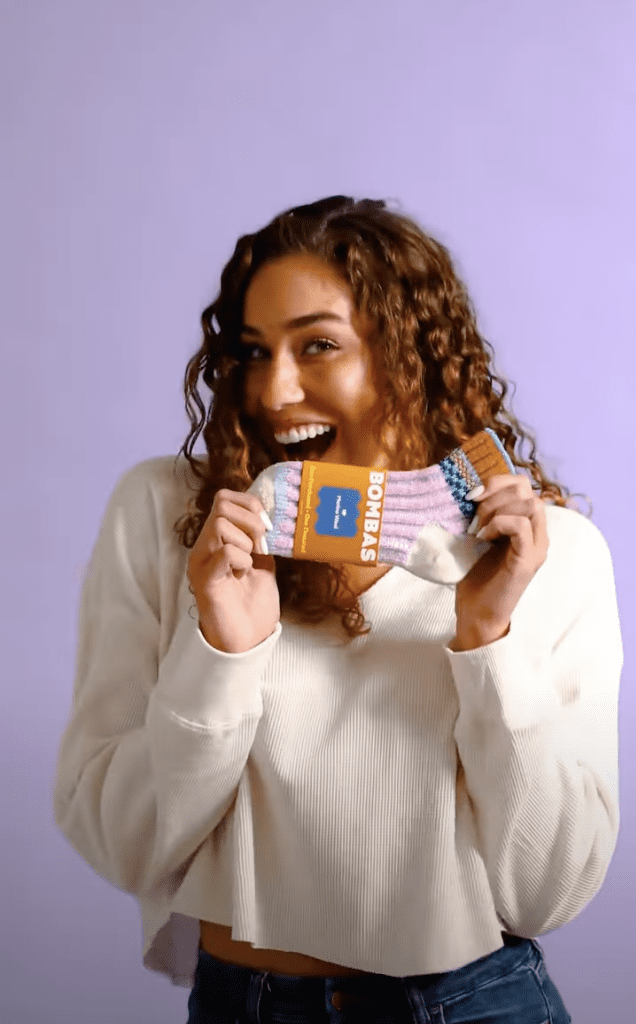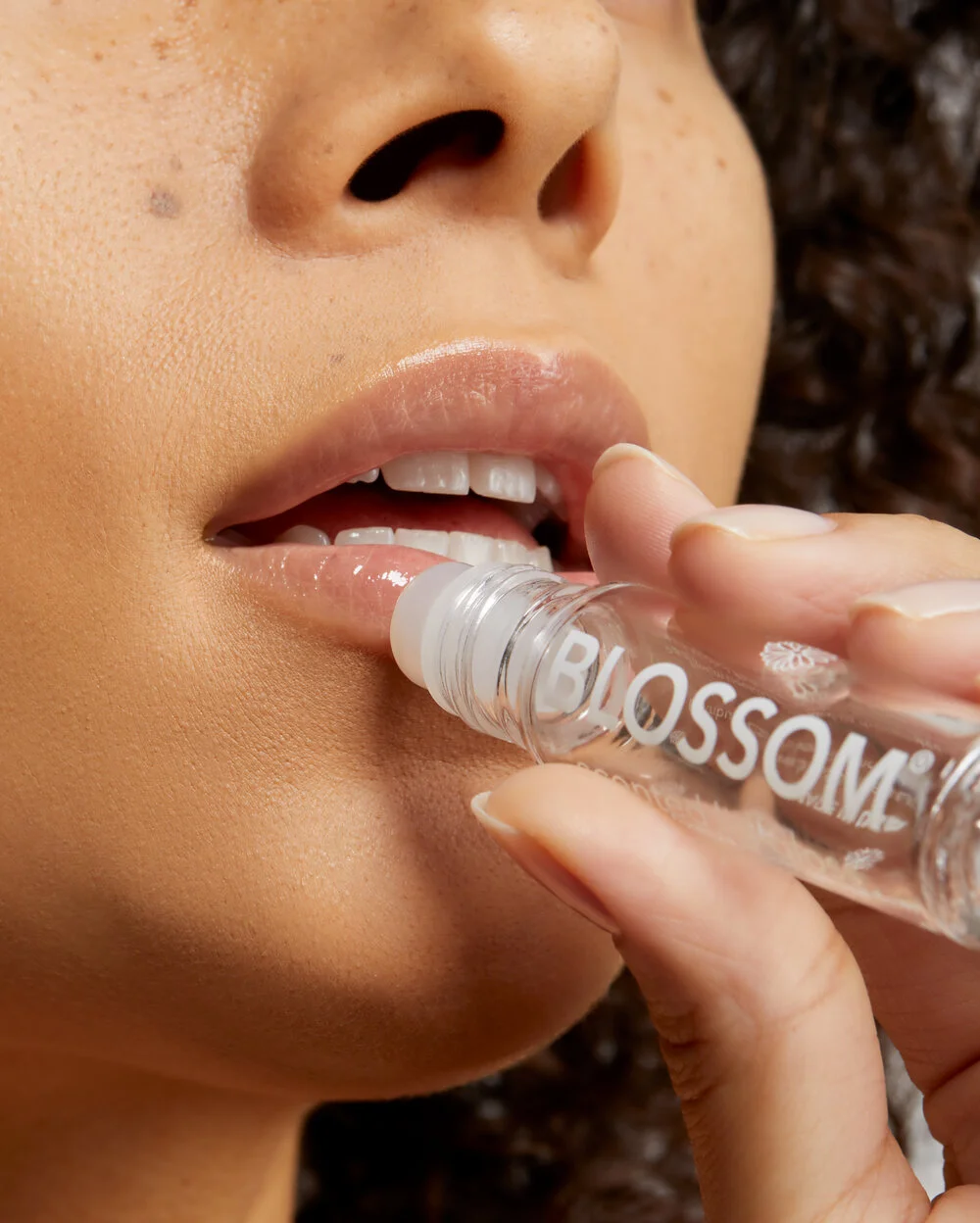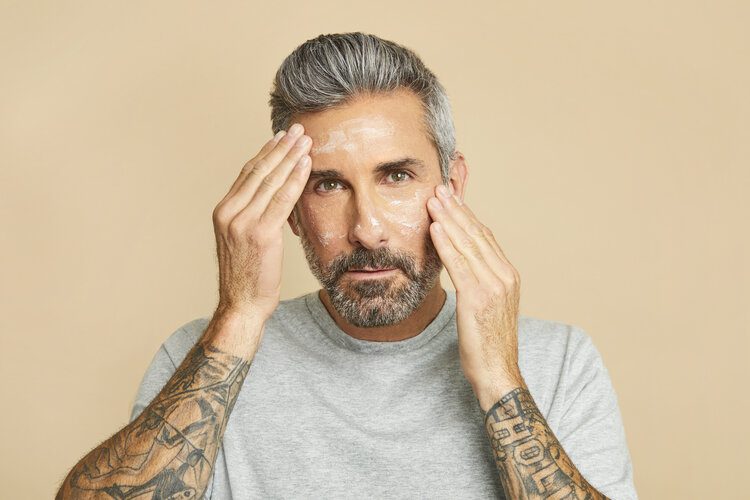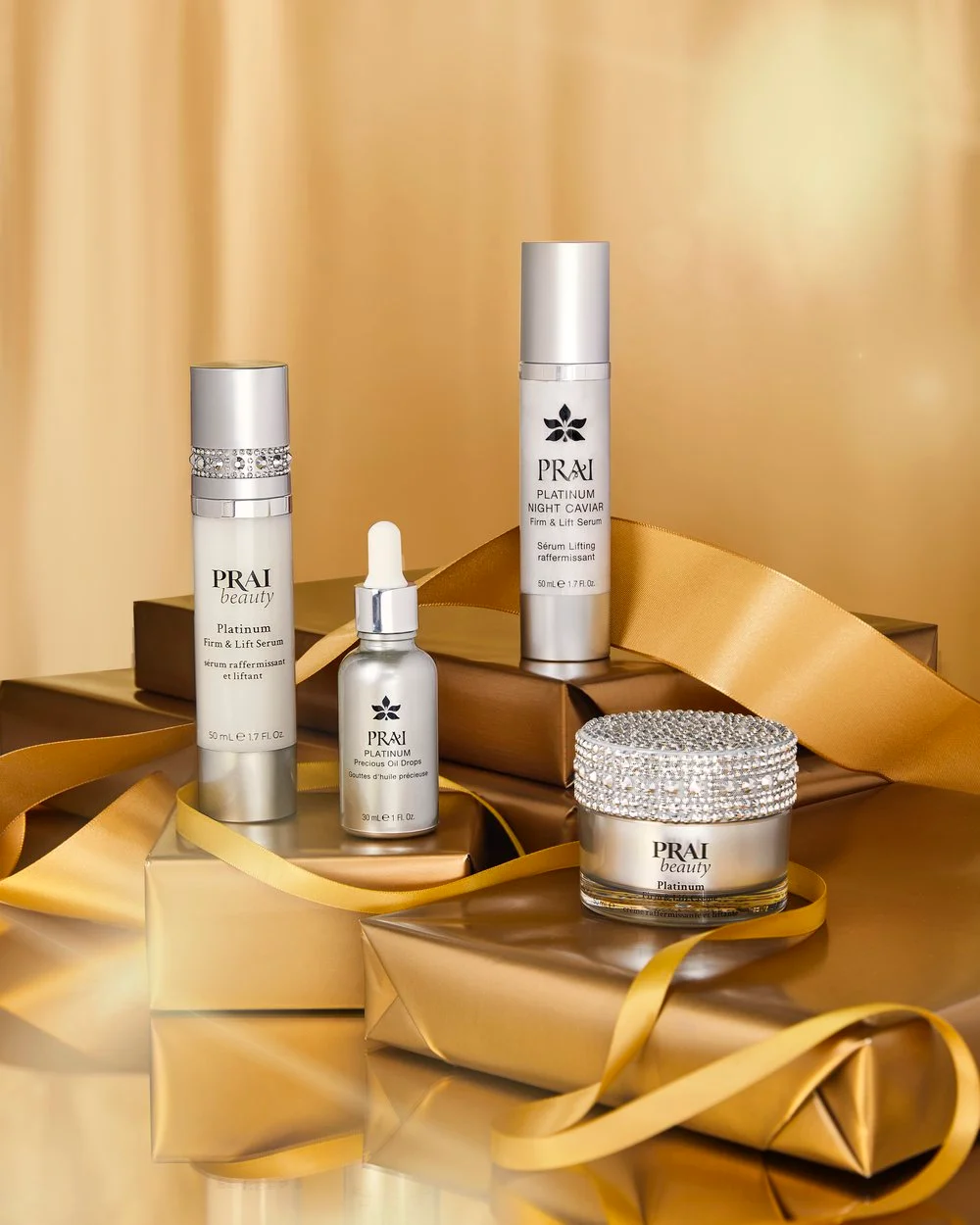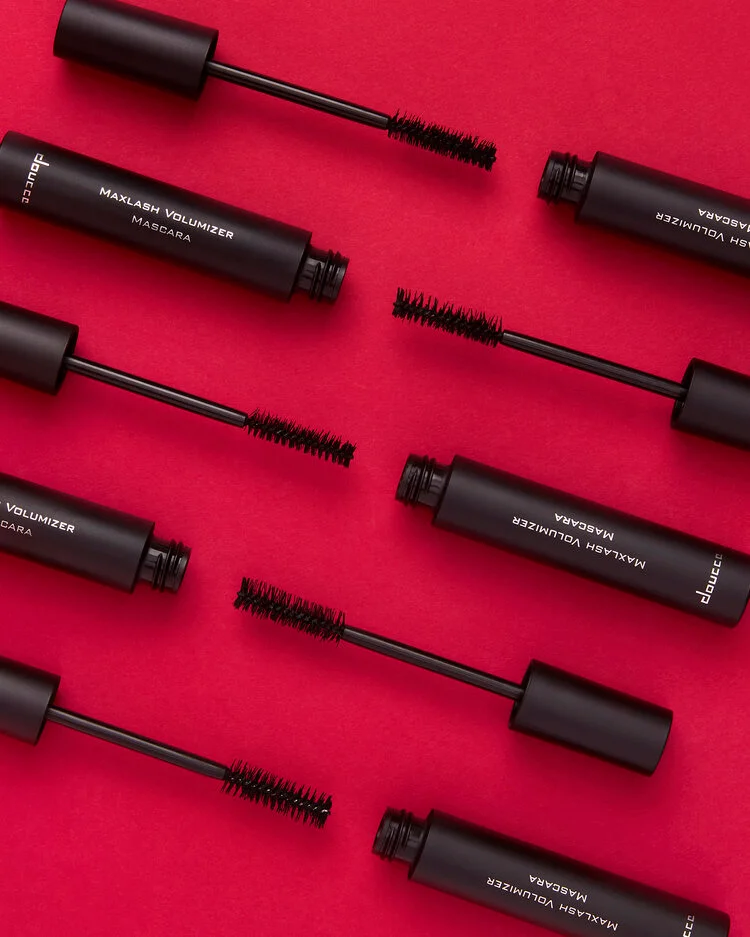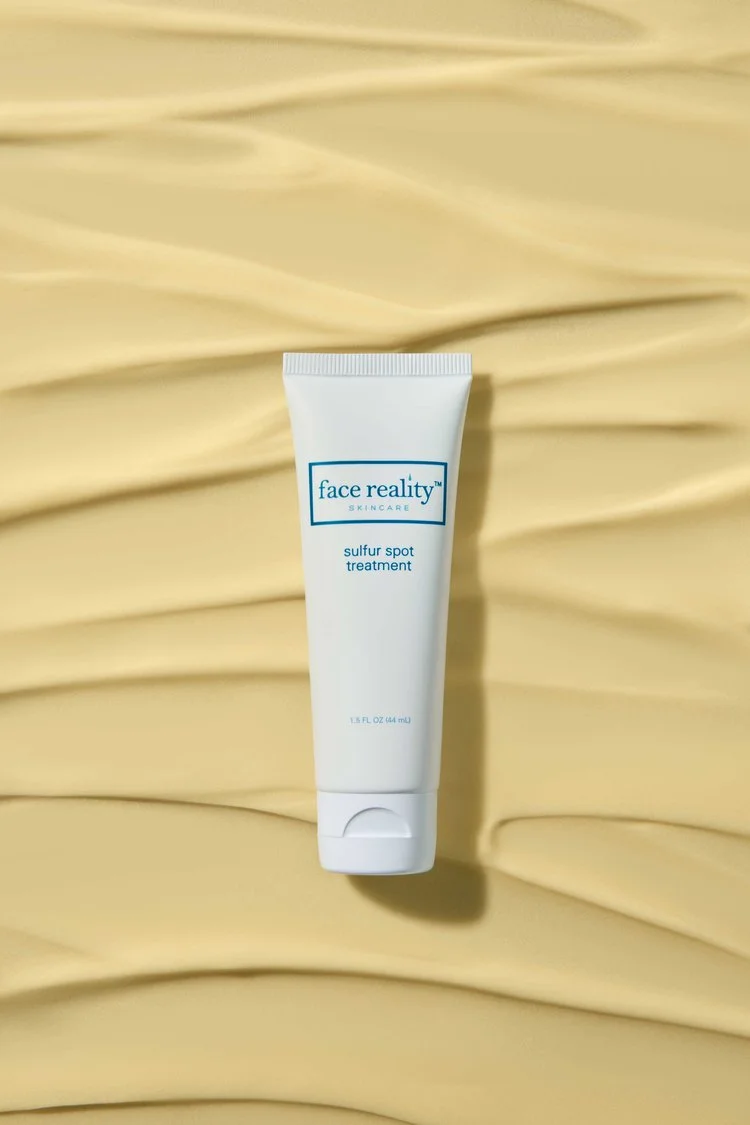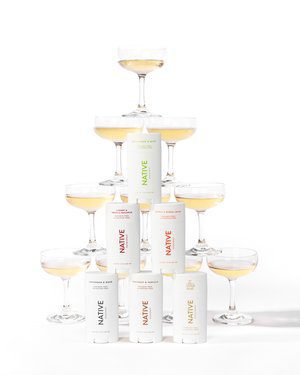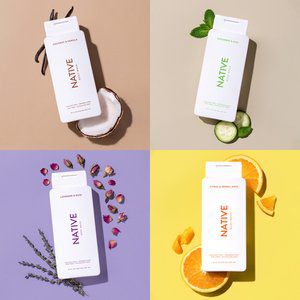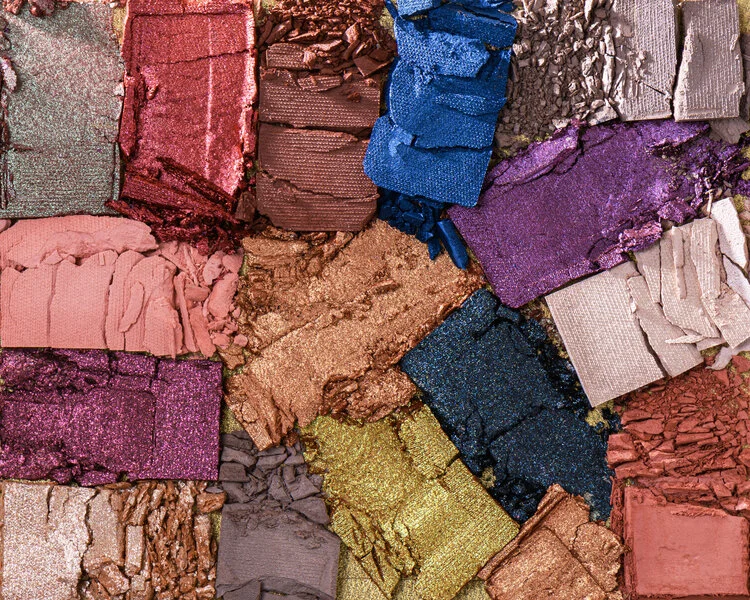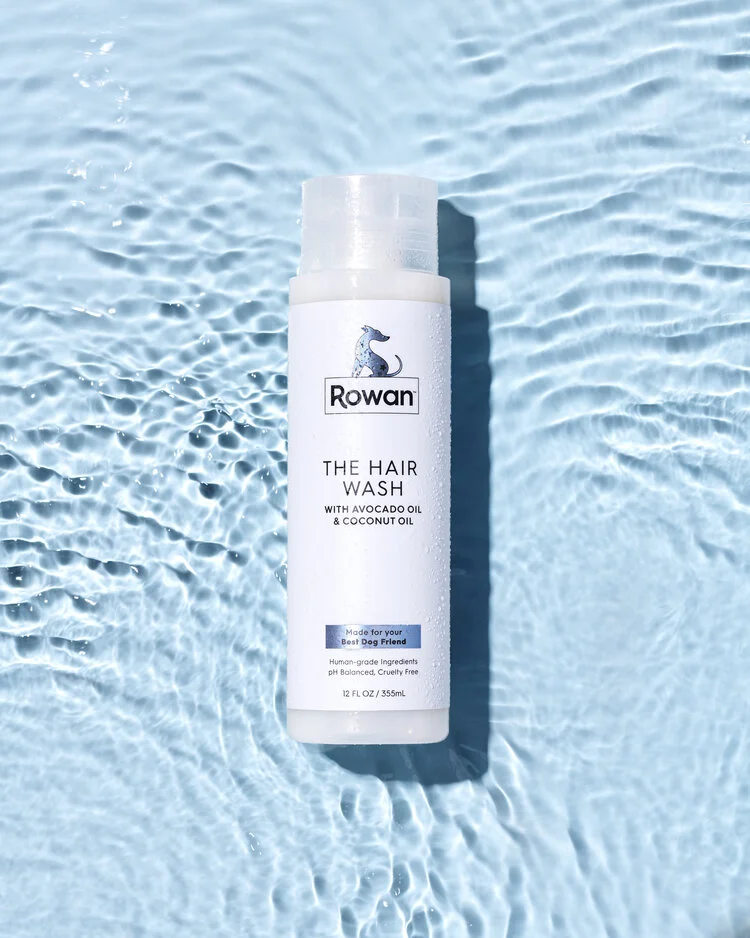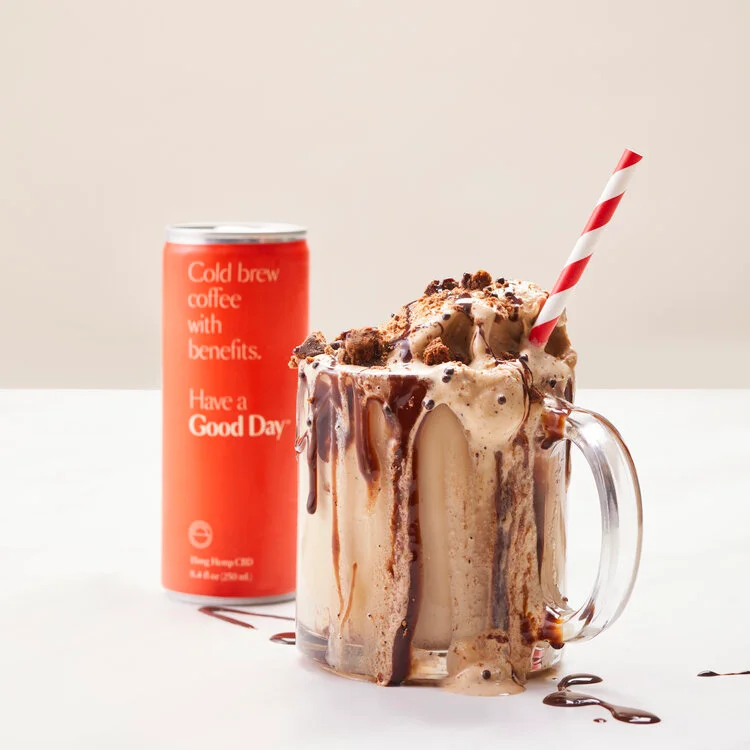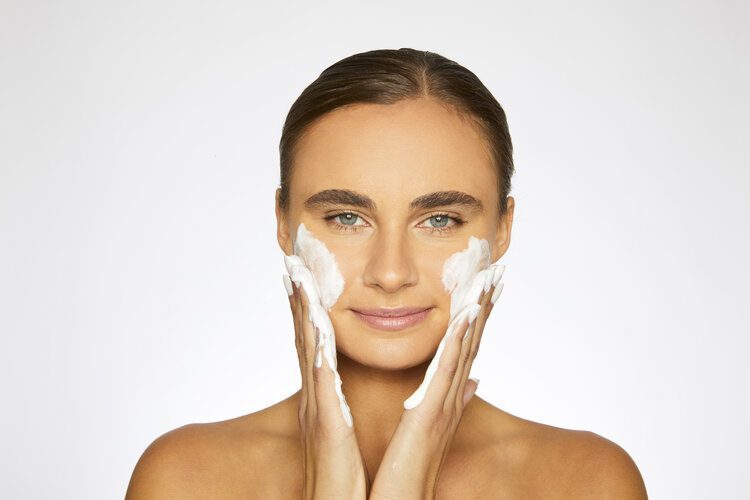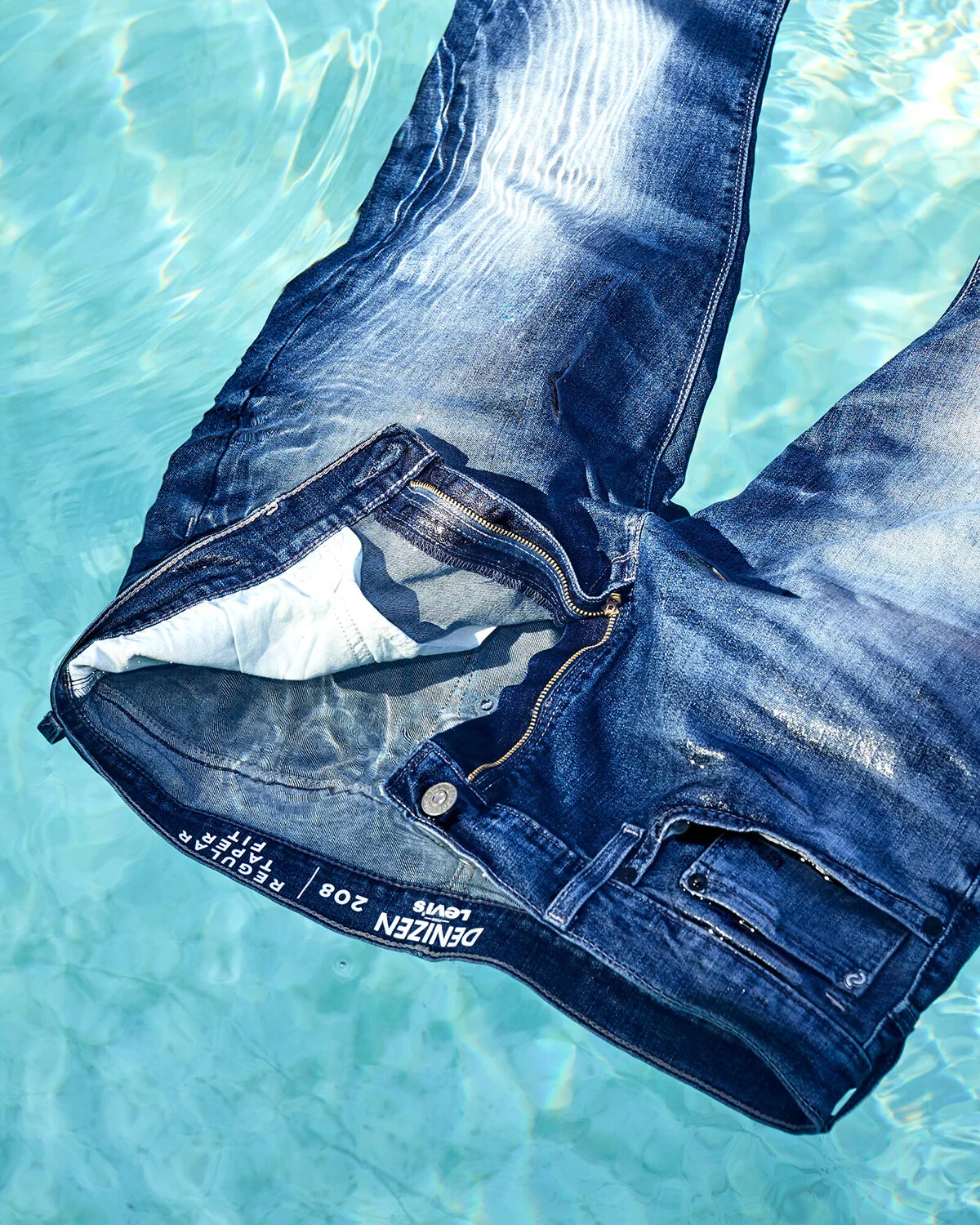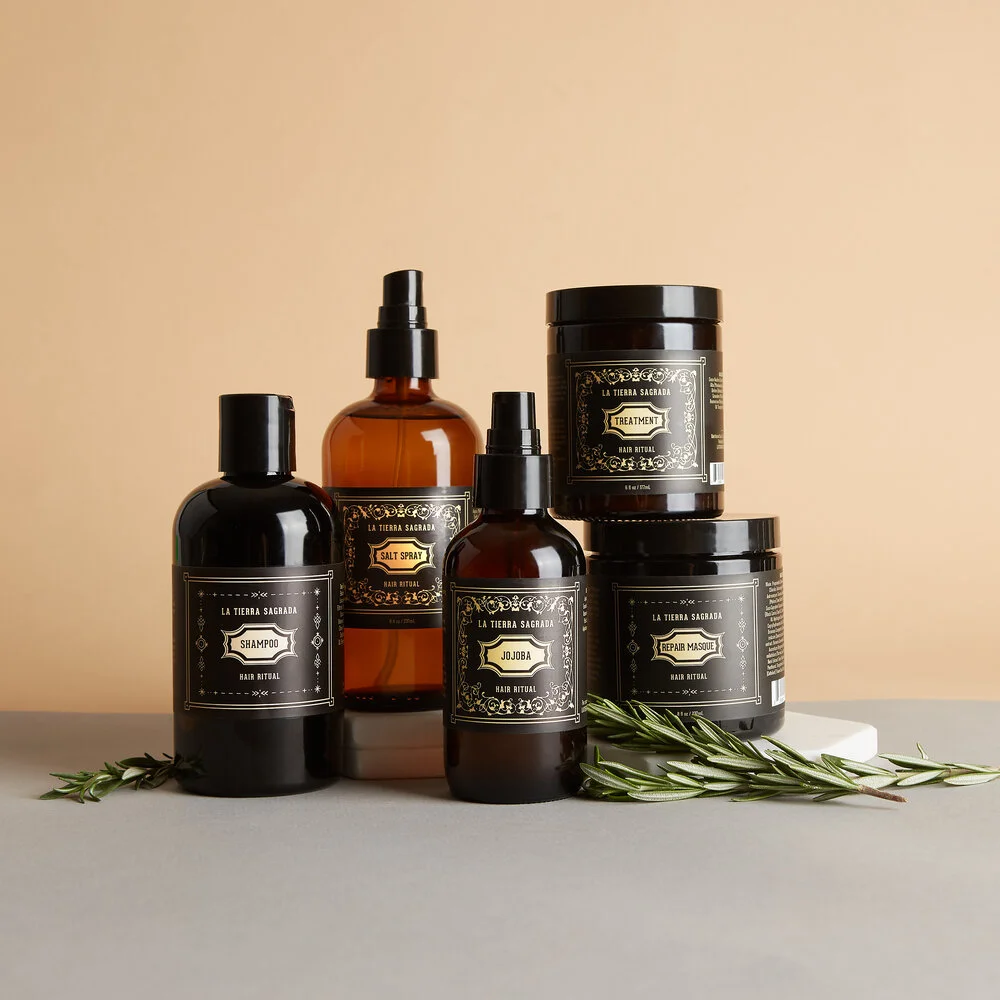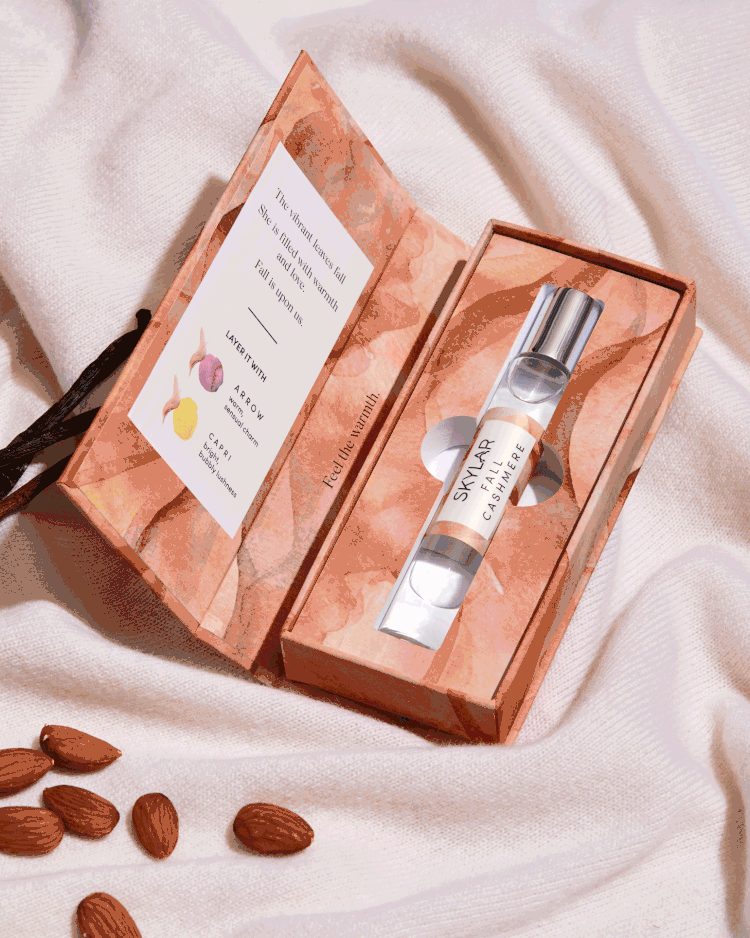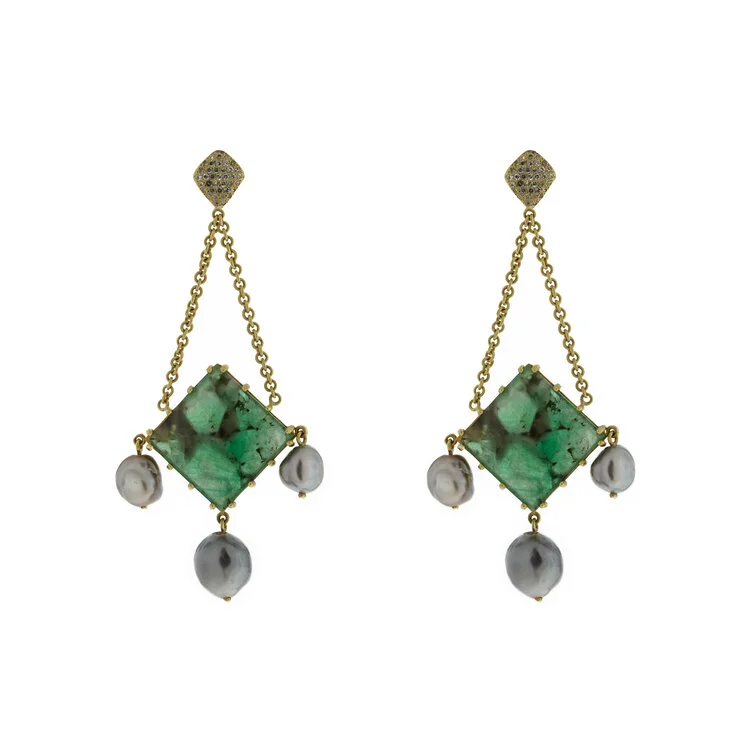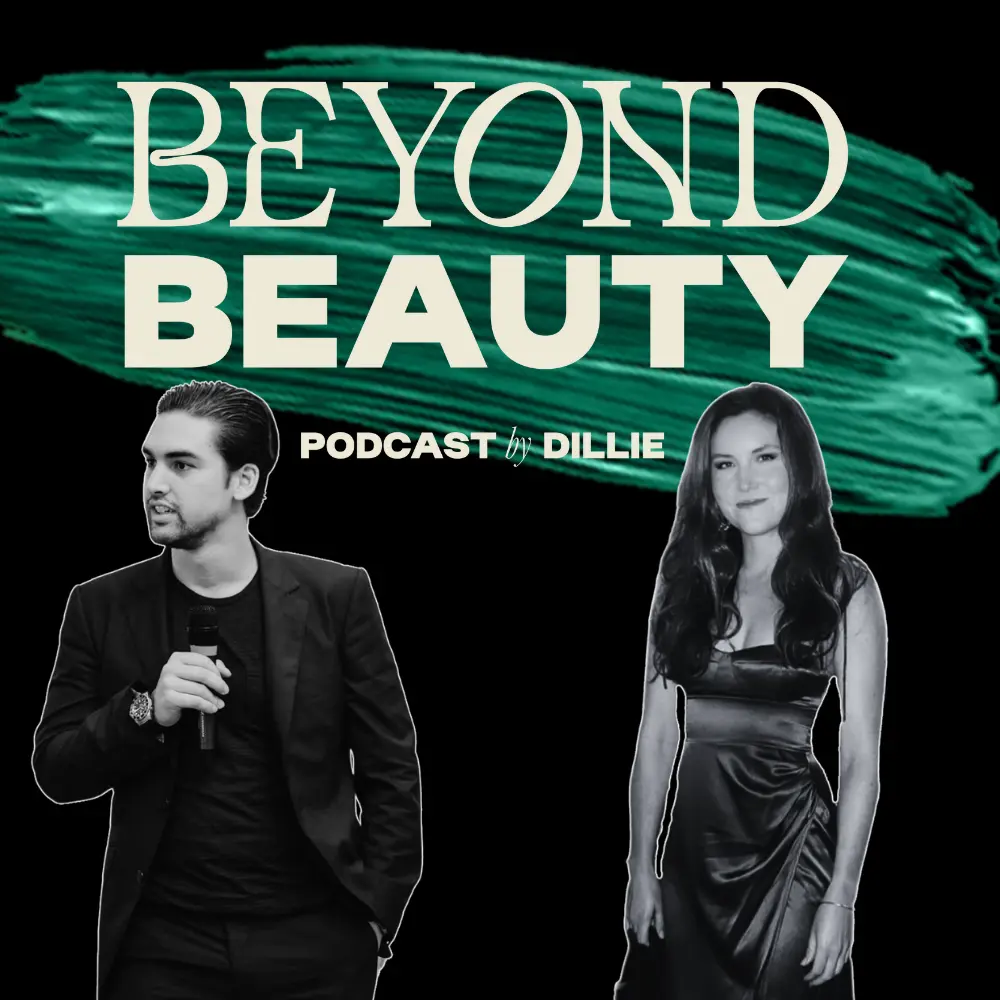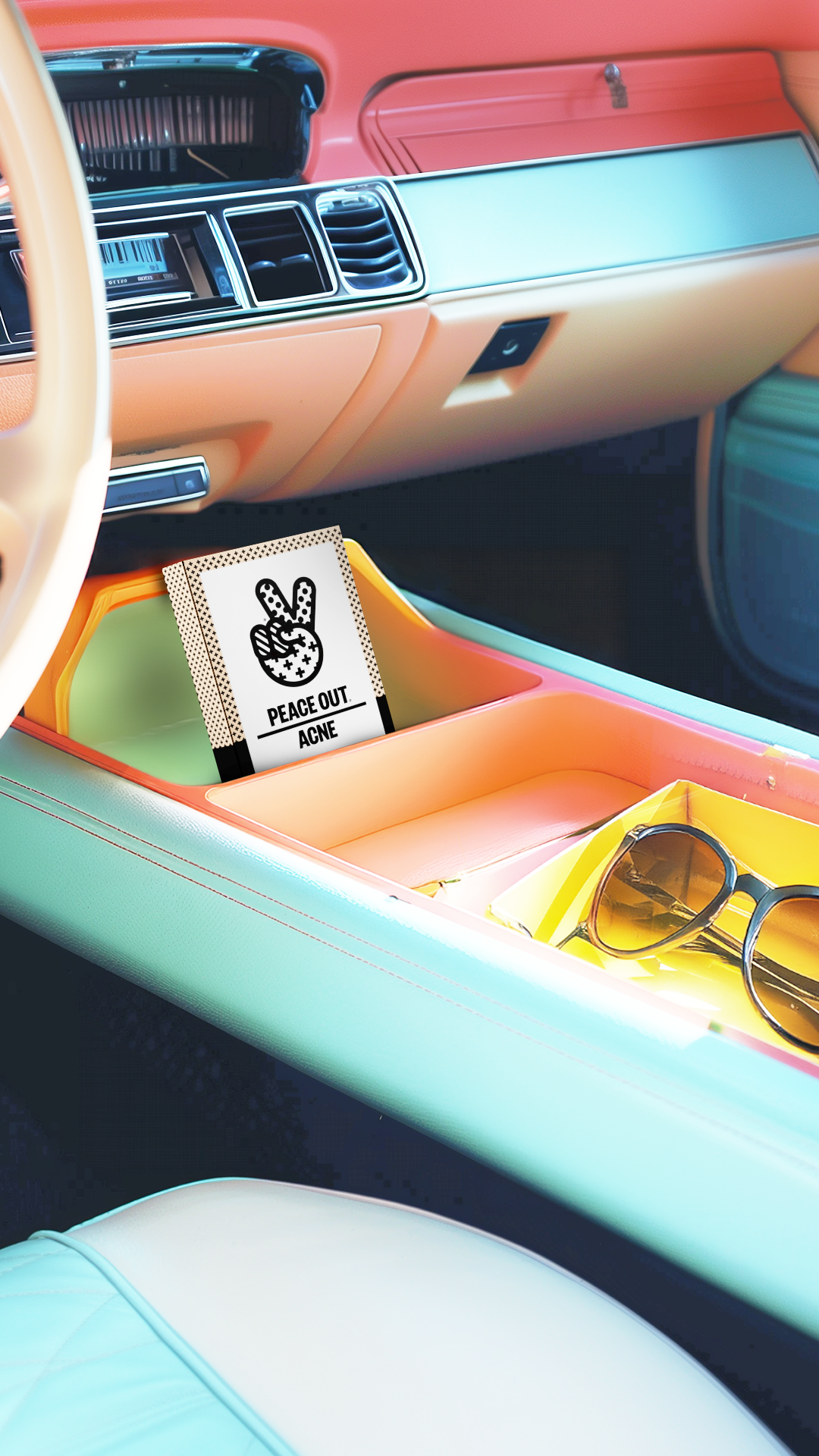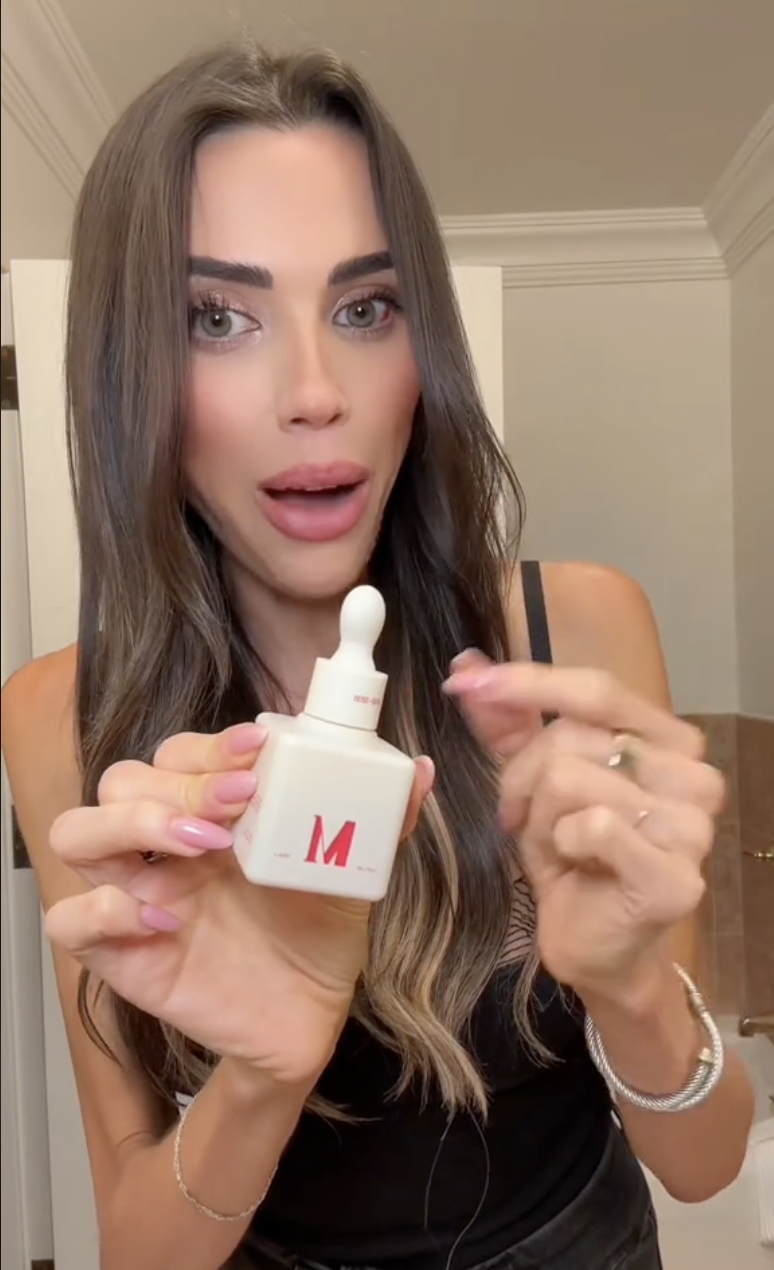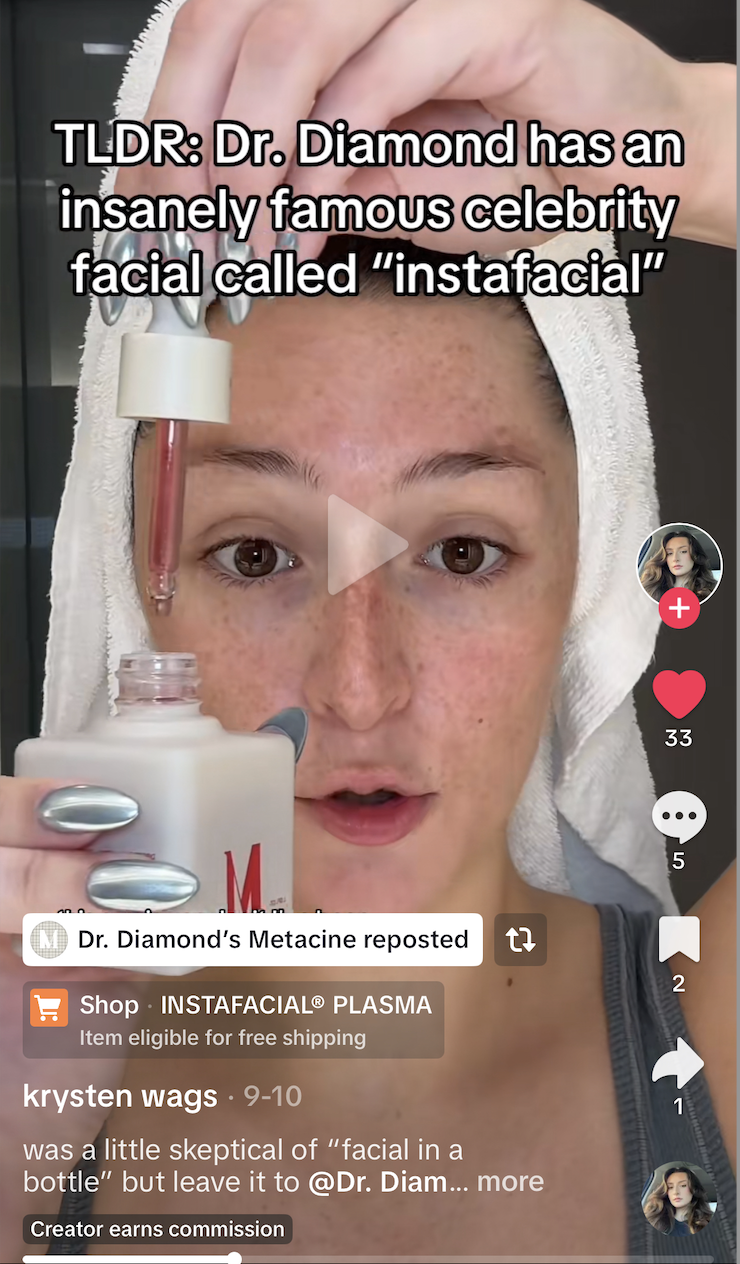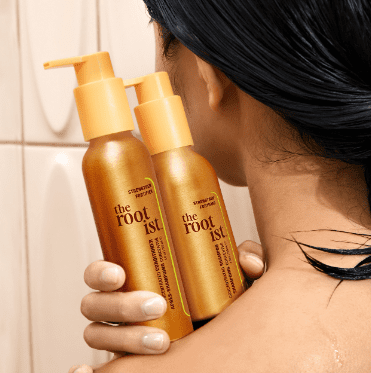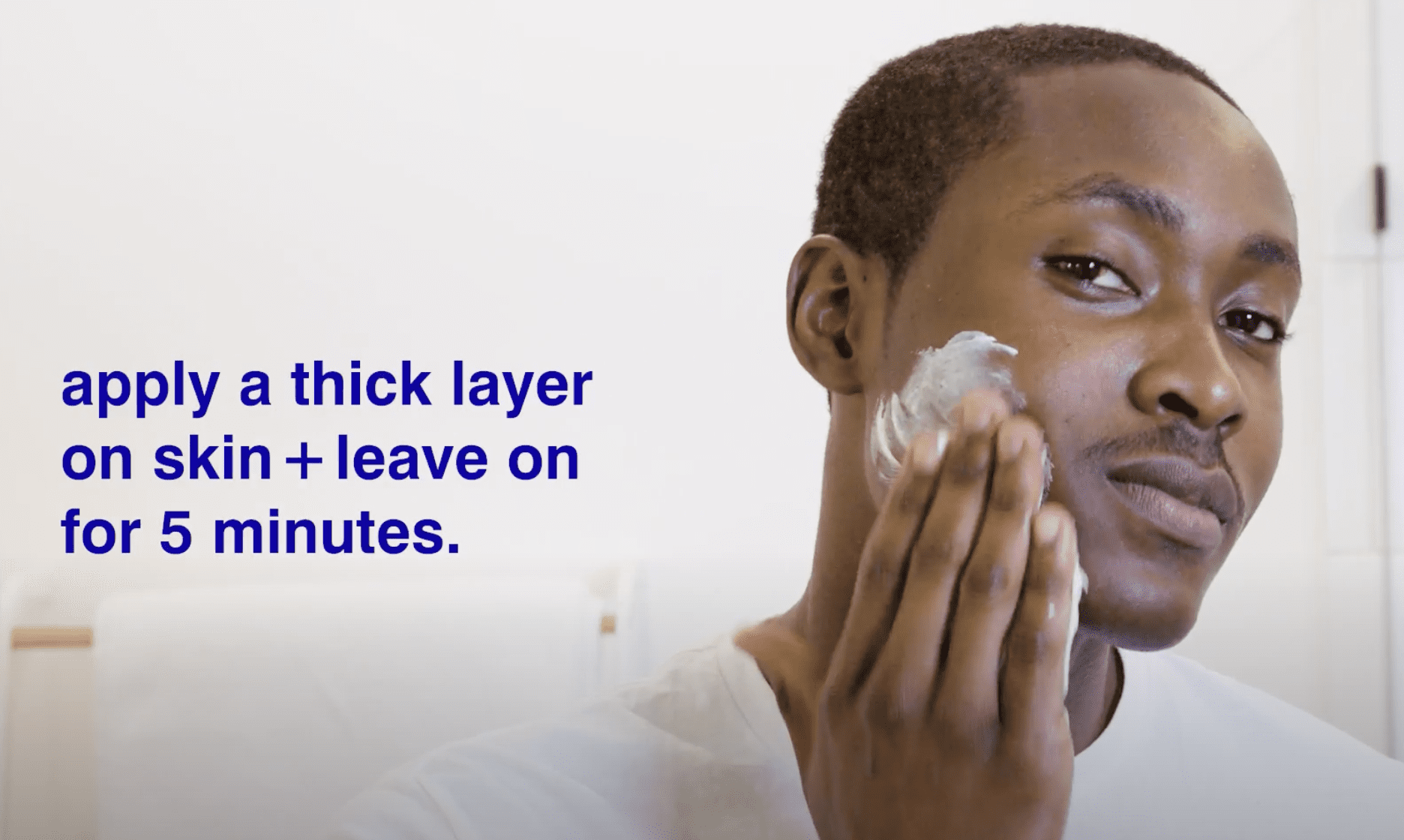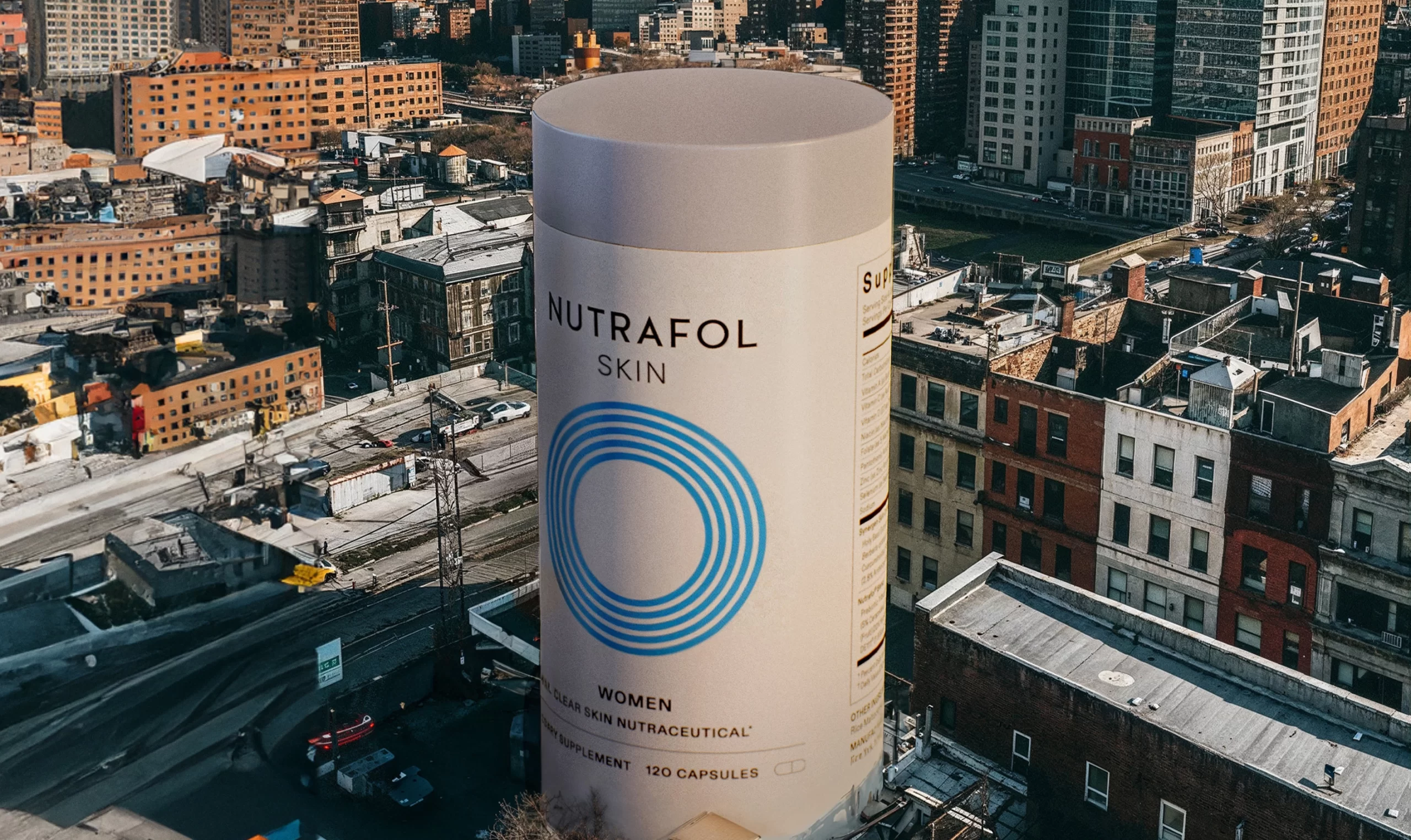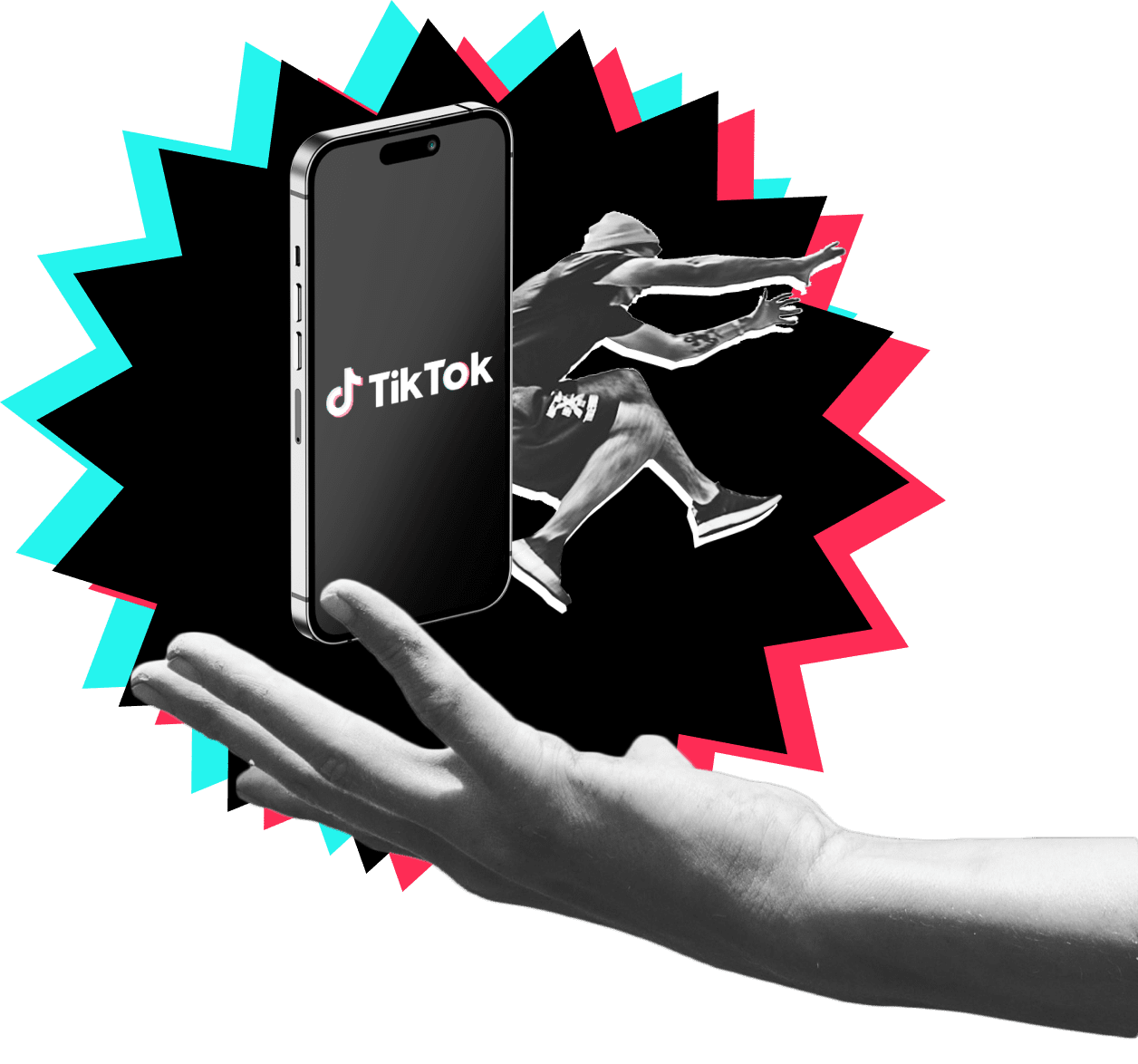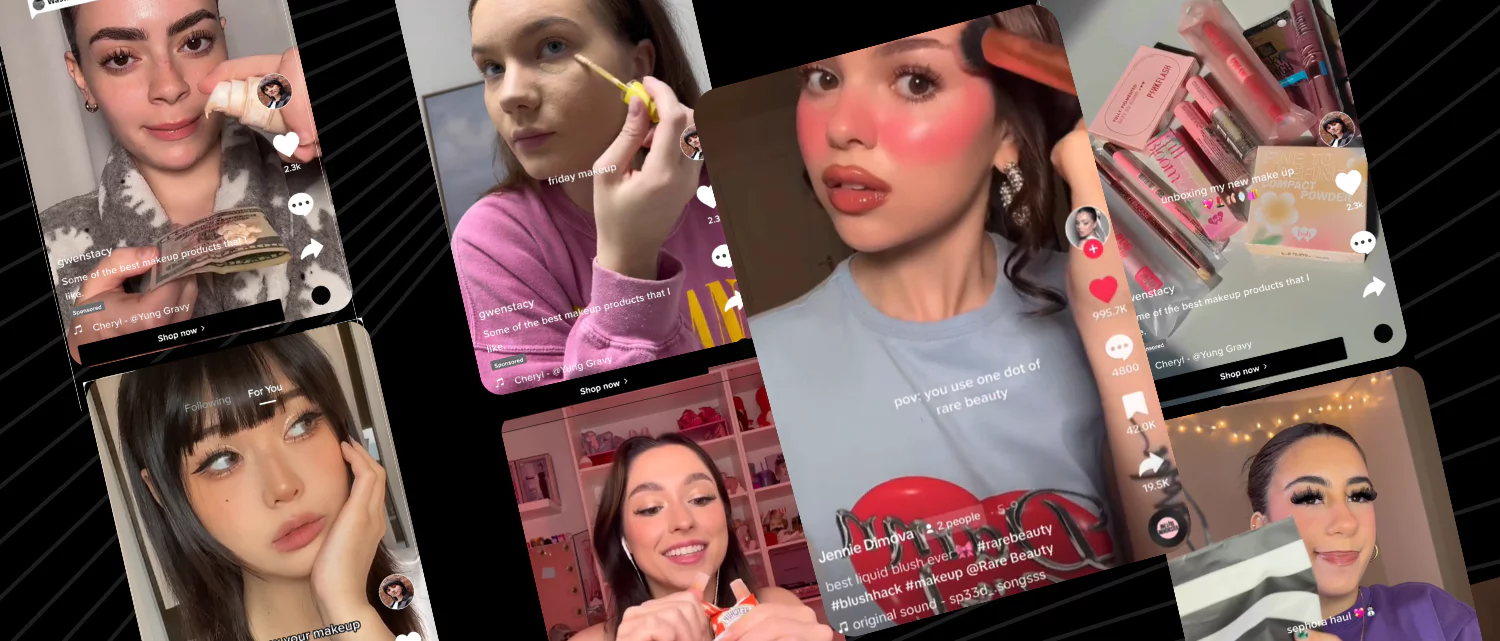In a recent episode of the Beyond Beauty Podcast, the host sits down with Sonia Summers, a trailblazer in the beauty industry and the founder of Beauty Strategy Group and Beauty Barrage. With a rich background in corporate beauty and pharmaceuticals, Sonia shares her journey from corporate America to entrepreneurship, offering invaluable insights into the beauty industry, retail strategies, and the dynamics of launching and sustaining beauty brands. This blog post delves into the key themes and actionable advice from the episode, providing a comprehensive guide for beauty entrepreneurs.
Transitioning from Corporate America to Entrepreneurship
Embracing Change and Taking the Leap
Sonia’s journey from corporate America to entrepreneurship began with a significant push—being laid off from Valeant Pharmaceuticals. Despite initial hesitation, this pivotal moment propelled her to start her own company. Her story underscores the importance of embracing change and seizing opportunities, even when they come unexpectedly.
Building Relationships in the Beauty Industry
The Power of Credibility and Trust
Sonia emphasizes the importance of building strong relationships with retail buyers. Having a credible track record and gaining the trust of buyers are crucial for bringing new brands to market. Her success with Swap Cosmetics and subsequent roles highlight the value of establishing and maintaining these relationships.
Dual Business Approach: Beauty Barrage and Shielded Beauty
Managing Multiple Ventures
Sonia manages both Beauty Barrage, an outsourced sales management agency, and Shielded Beauty, her skincare line. She leverages a talented team and focuses on different stages of brand development to ensure both businesses thrive.
Retail Distribution Mechanics
Tailored Strategies for Success
When brands partner with Beauty Barrage, they undergo a thorough onboarding process to develop a tailored strategy for retail success. This includes educating store staff, providing sales support, and ensuring active promotion in stores.
The Importance of Innovation
Differentiation and Purpose
Sonia believes that brands must have a clear point of difference and a meaningful purpose to succeed. Innovation should be driven by genuine consumer needs and not just for the sake of launching new products.
Navigating Competition in the Beauty Market
Preparation and Financial Backing
With the barrier to entry for launching a brand lowered, the barrier to achieving success has become higher. Sonia stresses the importance of being well-prepared and financially equipped to navigate the complexities of retail.
Sustaining Growth After a Successful Launch
Ongoing Education and Support
Sonia highlights the need for ongoing education and support to sustain growth after a successful launch. Regular communication with brands and strategizing on future initiatives are key to continued success.
Conclusion
Sonia Summers’ journey from corporate executive to successful entrepreneur offers a wealth of insights for anyone looking to make their mark in the beauty industry. Her emphasis on relationships, innovation, and strategic planning provides a roadmap for aspiring beauty entrepreneurs. By following her advice and learning from her experiences, you can navigate the competitive beauty market and build a thriving brand.
Podcast Transcript
Speaker 1 00:00:01 Welcome to the Beyond Beauty podcast, a platform to highlight the beauties industry talent, deconstruct their learnings and spark ideas for your own business. The Beyond Beauty podcast is created by daily, the leading creative agency working with the fastest growing brands in the industry. Here, we’ll interview guests from major beauty corporations, creative directors, influencers and founders, and even risk taking entrepreneurs. Our guests are not only changing the traditional beauty landscape, they’re also innovating in e-commerce, branding, and digital marketing. Join us as they share valuable advice, how they launch their business, and most importantly, ignite thought provoking conversations across beauty, tech, and marketing. Hey everyone! We’ve got with us today! Sonia Summers, who is a beauty industry innovator who disrupted traditional sales models, leveraging her experience to propel beauty brands to leadership positions with a background at Avon and Valiant Pharmaceuticals, she founded Beauty Strategy Group in 2008 to incubate startups and secure distribution and prestige retail. Recognizing the challenge of achieving self-care in stores, Sonia launched Beauty Barrage in 2015.
Speaker 1 00:01:14 This outsource sales management agency pioneers modern retail experiences with a nationwide field team offering training and creation and sales support crucial for brand success. Beauty barrage integrates technology through a proprietary web application and mobile platform, enabling real time management of 300 plus field employees. Sonia also emphasizes Micro-influencers strategies to drive retail traffic. Her skincare brand Shielded Beauty, launched in 2020, focus on microbiome care with clinically validated clean ingredients. Sonia’s achievements include Inc 5000 and Financial Times Fastest growing companies recognition. She continues to lead and disrupt the industry with best in class practices recognized by industry boards and for her contributions to women and minority owned Own businesses. So you’ve got quite a track record. I almost want to ask you, obviously, you’ve got a strong background in corporate and corporate beauty and pharmaceuticals. At what point do you decide that it’s time to leave corporate America and venture into your own thing?
Speaker 2 00:02:17 First of all, thank you so much for having me. Of course, this is a pleasure. The funny thing is that I have always had people tell me, oh, you would be so great if you had your own company.
Speaker 2 00:02:31 You can help so and so you can help. I know so many people that you need that need your help. And I was terrified, I did I was like, that sounds amazing. But yeah, no, I did it. After I was laid off from Valiant Pharmaceuticals. When I moved from New York to California, I went from Avon, which was a great company at the time. It’s so sad that it’s no longer around, I think, but I was recruited quite heavily to a company out here called Swap Cosmetics. And the first thing they told me is you’ll be the general manager, but we really need you to help grow the brand. In two years. We want to be here. And I ended up doing that in less than two years. So I was like 18 months. And it was because basically I got that’s where I got all my grades from, because I was on a plane. I was trying to figure out retail because I didn’t know retail, because Avon is all about the Avon lady selling.
Speaker 2 00:03:34 So when I came out here, it was about that, and that was pretty interesting and for me to learn retail. So I wanted to understand from a buyer’s perspective what was a win. So I made myself I entrenched myself into that thinking and it became pretty successful. And I did it in 18 months. From there, I was thinking I was going to go back to New York and move up in the ranks of L’Oreal or Estee Lauder, because that’s what New Yorkers do in the beauty industry. But then I got a call from Valeant Pharmaceuticals, and they were looking for someone to bring in a retail strategy. So I went there. I did it in one year basically. So they were at 11 million. They were a physician dispense brand, and they were looking for a retail strategy, and we took them to $38 million in one year. A year in a year. So they’re like, okay, great, help us sell this. And then there you go. And I thought, what in the hell am I doing wrong? I left New York where I could have just kept getting moving up and up.
Speaker 2 00:04:36 And here I’m doing a great job, but I keep having to revise my, my, my resume so that I can get another job when I’m doing a great job here and nobody’s paying you that much. I wasn’t smart enough to even know that I should be getting a lot of equity here. I was getting little pieces here and there, or even a part of.
Speaker 1 00:04:55 A participation of the revenue you were driving, right? Ideally, it’s just.
Speaker 2 00:04:59 A very tiny. Yeah, would have been nice, but I just thought, you know what? I’m sick of making everybody else rich. I am going to just make sure that what I do now next is take care of myself. So I did decide that I was going to take on a few clients. I started to consult that kind of got so it moved fast. It was so successful. I was helping brands get ready for retail, got them into stores like Nordstrom, Ulta, Sephora, even HSN and QVC. That’s when it hit me.
Speaker 2 00:05:36 This is fun. I and I’m my boss or I make the rules here. Literally. You have bosses everywhere because they’re all your clients. But still, it was up to me whether I was going to keep going or not.
Speaker 1 00:05:48 What is the secret to that? Because it feels that being able to get into this big kind of retail distribution channels or even like TV, like HSN, what was the secret? Is it all relationships? It is your ability to cultivate those relationships.
Speaker 2 00:06:04 Yeah, it is that. But it’s also do you have a good track record? So the fact that I killed it with due up, the fact that I killed it with kind of race and it wasn’t just me, it was my team. I had amazing teams and we killed it for them. And that’s why they were. Then they got these investors, and that’s why I was looking for a job every other minute. But the buyers know what you do. The buyers respect what you do and they know that you’re going to make something happen.
Speaker 2 00:06:33 So when you go and sit in front of them, they know that you’re not going to bring them just any brand. You’re going to really help them bring in the next big thing.
Speaker 1 00:06:44 So you build tremendous reputational and credibility with these buyers, with this individuals of this company. So I guess it seems natural that you were pushing somebody else’s product. Right. And why not? Why not do this for yourself at the end of the day, those were your relationships?
Speaker 2 00:07:02 Yes, I will say that I love doing this for other brands, especially brands that I believe in, and I have always wanted to have my own brand. I think it’s just a Latina thing. Grow up in beauty. You love beauty, all things beauty, and one day I’m going to have my own. But I just thought, there’s so many amazing brands out there, I can’t just do a mitsu brand. So during the pandemic was when I was starting to see that there were no brands out there that truly protect your skin from everything from airborne impurities, literally.
Speaker 2 00:07:41 And like the bacterias, everything including natural light, artificial light, pollution. Some brands play with one skew here and there on one little thing like maybe pollution, but it’s not necessarily go all out and make sure that you have this really strong proprietary Dietary complex which we created. And I thought for the first time, here is something that doesn’t compete with any brands that I’m working with. And and that’s what I launched, shield of beauty.
Speaker 1 00:08:13 You’re running basically you have on one side a service business which helps brands get that extra distribution. Right? Yes. On the other side, you’re running a product business. These are two completely different beasts. honey, manage both of those things at the same time.
Speaker 2 00:08:32 You get great people. And honestly, I manage three. Then the one that actually is probably the tail that wags the dog. And what most people know, us or me from is beauty barrage. So Beauty barrage is 300. Our beauty experts that go into stores like Sephora, Nordstrom, Blue Mercury and they help educate the stores and also help helps sell through inventory that you have there.
Speaker 2 00:09:04 We do pop ups, we do events. So I think the way that I manage that is because it’s almost like you need all three businesses. It just depends on what stage you’re in. Right. So the first stage is how do I get in front of buyers? How do I make sure that I have my my brand actually does have a point of difference. And then working with someone that’s really going to pull that out and help and put you in front of retailers because you have a good rep. You have that reputation and they respect that. You’re not going to just bring them anything. And then of course I did shielded because I saw what was missing. And it’s easy enough to be able to apply the same tactics that I apply for many of the brands that I work with. And then, of course, once you’re in store, which is hard enough, it’s even harder to stay on the shelf. You can’t rely on people coming in and finding your brand. And oh, it’s so great.
Speaker 2 00:10:01 I got to buy it. No, you really need. Experts are going to go in that are going to educate the store so that they sell the brand for you, and then also have dedicated brand ambassadors or coordinators that are really going to sell your brand, help the customer really identify what products they want and need. That’s what Beauty Barrage is. So I think it’s so easy for me to basically see each one because like I said, it’s all like in different phases. But I have an incredible team. I have people in my leadership team that have been with me for over ten years. Believe it or not, I can’t believe it. But it’s great. I’m very lucky. And the thing about us is that we don’t just go status quo all the time just because we want an award, just because people refer us or whatever, we don’t sit back and think that we’re like the greatest. We are continuously looking to improve, and that’s one of our core values, is evolve or die. And I really do mean that if you just sit where you are and just don’t change a thing, you’re going to be yesterday’s news.
Speaker 2 00:11:10 So we’re always looking ahead and what can we do to better ourselves? What can we do to. If we just had a really amazing event, how do we sustain that? If we didn’t hit a goal, how do we get it next time? How do we get it tomorrow? So we’re very strategic. I have expires on my staff that kick butts and are very well known in the industry too, as well as like great sales leaders and just my whole field team. They are dedicated experts that really care about the brands that they work with.
Speaker 1 00:11:43 How does the mechanics of this work? They say that you have a brand. This brand could be venture backed. It could be a founder. The start of something could be, you know, a fast growing and beauty brand. They go into retail. What is the delta? If I was going to go into retail by myself with my brand, and I managed to get it on a retail locations at some Sephora stores, for example. How do you add that Delta? Do you send people there physically and they help push the brand and convey the value at talk to customers on the ground?
Speaker 2 00:12:18 Yes, yes.
Speaker 2 00:12:20 So we have a very robust onboarding process. So when we work with a brand we work with a lot of beautiful brands. So the brands we start off with a deep dive understanding like where they are. Is this just launching now or have you launched or your sales up or your sales down so that we can form a strategy? If it’s if you just launched, we want to form that launch strategy. How are we going to educate everyone in store? What are the tools that the team will have? We give them all a checklist of things that we know work really well. And a great example of that is that we worked with a brand called Beekman 1802. We got them. We help them with negotiating with Alta. They were probably the most amazing launch we had, and it was because they listened to everything that we told them to do. We gave every brand can afford to do everything that we asked them to do. We gave them a list. They were like, wait, we’re going to do this? Plus we’re going to do that too.
Speaker 2 00:13:22 And we’re like, Holy moly! Amazing. So they were really all in and they understood that maybe year one is an investment. So I think that’s also the other thing that people need to realize is that retail is expensive and it’s an investment, and you want to be noticed and you’re going to need to maybe do some testing. We’re going to go into these stores. We’re not going to go into those stores, or we’re going to go all stores and we’re going to educate, and then we’re going to pull it back and then just focus on 8020 rule. So we work with them on all of those strategies. We tell them what we know works. We tell them what we know doesn’t work, and then we we listen to what they want to do to. And then we all come together. We’re part of their team, and they’ve hired us because we know what we’re doing. Right. So that’s basically what we do. I can tell you Beekman got a a nice investment very shortly after they’re launched.
Speaker 2 00:14:20 We killed it for them with the sales plan. And that’s always a fun story. But we’ve worked with the drunk Elephant before they were acquired. We worked with even Glam Club before they were I think they were one of my first brands. So I think it’s six that’s such a high when that happens. Right. So you work with these brands and then I well they were tiny then and they’re huge.
Speaker 1 00:14:41 It’s interesting. You probably have seen what the patterns are of execution, of behavior, of the brands that truly make it from that indie beauty world where the extinction event takes out 90%, and then that extra 10% that make it to the next phase, which is probably a retail expansion nowadays you start to see, then you move into retail. Then can you pick out a few markers, maybe 3 or 4 markers that you’ve seen that the companies that have done best have executed flawlessly?
Speaker 2 00:15:14 Like I said, Beekman 1802 did another one that was flawless. And it’s a brand that’s been around for a long time.
Speaker 2 00:15:22 Yet. They were new to Ulta, and the Ulta customer wasn’t really familiar with. And that’s fresh. So they were another brand that really invested in the launch and provided a lot of tools. So that’s that I would say is the second and they’re doing very well still today. My gosh, who’s the third? I have to think.
Speaker 1 00:15:47 In terms of the mechanics. Is there something that is there areas of investment where you feel like they put a lot of resources behind X, Y, and Z and that was what made them successful? Or does it also have to do with tailwinds at the time in which they pushed a product or their product choice. Maybe even.
Speaker 2 00:16:05 I can also give you examples of brands that didn’t work. I don’t want to name names, but I think we all seen it happen. Why do they work?
Speaker 1 00:16:14 What made them not work? In that case, what didn’t what.
Speaker 2 00:16:17 Made them not work is a lot of brands, they get into retail and they think that they did it and they don’t need the help.
Speaker 2 00:16:24 And then they’re there for the first six months, the buyers are telling them that their inventory isn’t moving. And they spoke to us way before they launched. And then now they’re talking to us again. And now they’ve been sitting on the shelves for six months, maybe sometimes a year. And now they want us to do a, what do you call it, a Hail Mary pass. So we have to now dig them out of a hole. And it starts with the staff. So the things that they didn’t invest in were education, sales support. You need that. That’s a no brainer. Every Single buyer is going to tell you you need to have support. You need sales support. Whether you work with garage or not. You need sales support. You don’t want to put your brand on a shelf and then just let it stay there. And then nobody buys it and they see it. They’re over and never heard anything about it. And then all of a sudden it’s, oh, there’s a person that’s trying to talk to me about this brand.
Speaker 2 00:17:23 So we have to dig out of that first. So it takes a long time. We’ve done it for some brands and other brands. It’s already too late. Sometimes the buyers are already telling them that they’re going to take them out. So it is an investment to get into retail. You want to make sure that you’re doing that. We oh, I have a great example of another brand that we just launched and is all over. The news is Bubble Bubble Skincare. We went in and we had a lot of events. We did a lot of education and it was a mass brand and not a prestige brand. But we did a lot of demos. We sold so much of that brand. And they are the everybody’s talking about them, right? So what do you think.
Speaker 1 00:18:05 It made them even. Do you think they just got the product right?
Speaker 2 00:18:09 I think they got the product right. I think they got the market right. They got their packaging right. It’s an exciting brand to Gen Z.
Speaker 2 00:18:19 It’s got all all of these great ingredients that it’s a good product. And so that’s why. Plus they knew they had to invest and educate everyone because if not, it would have been a cute little brand that nobody ever heard of on a shelf. That’s important. And the CEO is a smart lady. She understood that she needed to educate and demo and introduce everyone, and they launched that Ulta and it’s great. Mom is over here buying the Lancome or whatever she’s buying, but they’re kids who are looking all through the stores that Gen Alpha and even Gen Z, they love this brand. It speaks to them. It’s perfect.
Speaker 1 00:19:01 So what happens after the brain goes in? You work with them, they launch, the onboarding goes flawlessly. They get a successful reception on retail. How do you participate after that.
Speaker 2 00:19:16 So we continue. I’ll give you an example. We have another. We have quite a few brands at what we do. Rather there’s two things I feel like I’m going to fast for you here.
Speaker 2 00:19:28 There’s two things that we do. So one is we continue to sustain the growth by going in and educating and doing all of that good stuff. Not everyone knows the brand, right? You’re not going to have reached everyone. And don’t forget there’s a lot of turnover at retail too, right? So we want to be able to have that education in store as well. There’s also brands that we work with that we do big, what we call a blitz when they have a new product launch, because that’s where you should put all your money in, right? You have a big product launch. That is a huge push to make sure your client knows that the customer that’s bought something from you, they have something new and that’s what they all want to hear. So either you’re doing an in-store events or you’re doing demos and it’s a big hurrah. And we do that for quite a few brands. And that’s why you see the needle continue to move up where you need it. So we do always return to the table.
Speaker 2 00:20:32 We have quarterly meetings with our brands. We strategize on what’s next. We look at their marketing plans to understand what their product development cycle looks like, what’s coming down, when they’re going to discount or if they’re going to have swag or whatever it is. But that’s beauty. It’s always what’s the next thing? Newness drives beauty as horrible as it sounds, because it’s expensive, it’s true. And that’s what the customer, that’s what we did to the customer. We taught her that. So she comes looking for new stuff.
Speaker 1 00:21:03 I feel like it’s happening across all categories, especially in the age of TikTok, where trends last a week. Yes, the world changes a week later. which brings me back to my next question is switches gears a little bit more into shielded. How has the experience been of growing the product, growing the brand in in a world that I bet is changing literally on a weekly basis, what are some of the experiences you’ve had or learnings launching the product?
Speaker 2 00:21:32 A lot. Trust me, it’s different when you are the one giving advice.
Speaker 2 00:21:37 And I wanted to. It’s, oh, this is painful. It’s been fun piece that was very new for me is the whole DTC side, the digital and making sure that the customer discovers you there because retailers want you to bring the community to them. Used to be back in the day where people would just go to the retailers and not not have this relationship with the brand. Now you are creating a relationship with the customer, and then you’re letting them know now that you’re sold at this retailer or that retailer. We have made some decisions that have made it so that we’re not everywhere so fast. I am not falling into the trend. I don’t want to be that brand. I think that what we offer, or I know that what we offer is something that has longevity. Environment continues to change. Our skin is obviously impacted by that. And so that’s never going away. And we’re aging. It’s more about letting people know and then having different formulas maybe, or applications that still have the same technology that we have that’s running through the brand.
Speaker 2 00:22:45 And we have we’ve created new products. We’ve just seen that go viral. That’s actually very new for me. It’s holy crap. We just went viral. Bethenny Frankel loved the brands. It’s like, when did this happen? So it is exciting. It’s fun. I’m actually going on HSN on October 2nd. I never thought I would be in front of the camera on more of the behind the camera kind of girl, but here I go. But it’s exciting and I love it. And I just, I just, I love the brand. And the thing that’s different about the brand too, is it’s not just me telling you that it’s great. It’s clinically validated. I will not, especially being someone who’s in this industry for so long and have a good reputation. I am not screwing that up by putting up crap. So everything that I created, I made sure has clinical studies and they’re great. They’re like 90 plus. So I’m excited.
Speaker 1 00:23:40 Even though today you’ve got more brands being launched than ever before, do you feel like there’s still space to launch new products and space to almost find new niches, build a big business, a big product brand? And do you find those spaces?
Speaker 2 00:23:56 It’s all about innovation.
Speaker 2 00:23:58 It’s don’t create just to create. You have to build a brand that actually has a point of difference is is meaningful. And that’s a trick. It could be one skew to SKUs first and then it can grow from there. But that’s where you begin.
Speaker 1 00:24:16 It’s almost like the dynamics have shifted. You have more brands starting than ever before, like the barrier to entry is lower, but then the barrier to success has become much tougher, harder than ever. I feel like there’s more competition. it’s more expensive to get in front of customers. And we always, you always see a couple of extinction events. One is like when the company goes to you to see can they get traction. And then the other one is almost like when they go to retail and some companies even get choked, with trying to go to retail, trying to go directly to retail, because they just don’t have the capacity or the war chest to be able to take that on.
Speaker 2 00:24:54 Or the funds. Yeah. So it’s absolutely true, I think.
Speaker 2 00:24:59 And it’s funny, someone asked me about this a while back and they talked about how there are so many brands going in. What should we be seeing? You’re going to see a lot of brands closing. Unfortunately, because of exactly what you just said, many brands cannot afford the expense of being at retail. Retail is very expensive, so you have to make sure that you’re set up for that and that you can do it. Even DTC is expensive, but at least you control that. So you have to be set up your brand in a way that you can sustain that business where you have those partnerships, where you have the resources to be able to grow, because if you don’t be, you know, people are like, oh my God, I got into Sephora, I got into Ulta, all of this stuff. But then they can’t. You got in. But can you support the business? That’s the tough part. So you really do need to speak to experts and understand what you’re getting into before you get into it, because everything that you worked so hard for can come crumbling down real easy.
Speaker 1 00:26:04 Exactly. Sonya, thank you so much for all the advice and all the thoughts. This is incredibly helpful to hear directly from someone who’s like, literally on the ground getting a sense for what customers want. And good luck to shield that. Good luck to beat the barrage. Thank you. You’re doing amazing things and congrats for running all these things in parallel. Thank you.
Speaker 2 00:26:26 And it’s our ten year anniversary for Beauty Barrage. I’m crazy.
Speaker 1 00:26:32 Yeah. It’s unbelievable. Nowadays, building a business like that. And it’s the first time. I’ve never seen anyone offer that kind of help. I think the belief that you’ve got to retell, like you said, and you forget about it, and it’s almost like the work’s just begun. Once you do that.
Speaker 2 00:26:46 Yes. It is, is so true.
Speaker 1 00:26:52 Thank you so much, Sonia. We’ll talk soon.
Speaker 2 00:26:53 Thank you. All right. Take care. Bye.
